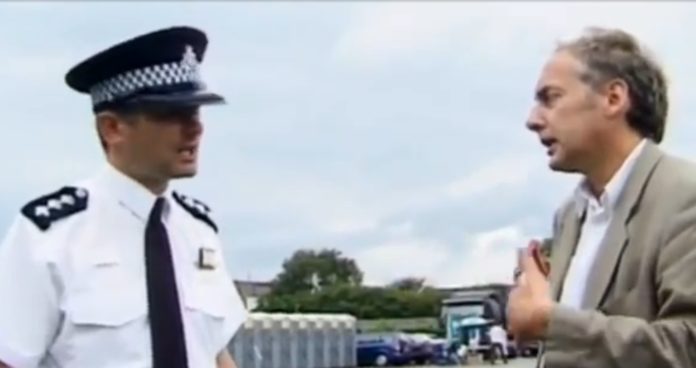- ‘Lies, damned lies etc…’ - 13th February 2026
- Missing in action - 12th February 2026
- Travel news again - 11th February 2026

Disturbing news of how a former UK cabinet minister has demanded a police investigation, and that 400 healthcare workers are now calling for a review of the convictions of Lucy Letby, highlight the central role of Wales in the extraordinary case.
The Tory MP Sir David Davis has claimed that Dr Ravi Jayaram, a consultant paediatrician at the Countess of Chester Hospital (CCH), may have committed perjury at Letby’s trial in 2023, as well as at her retrial last year.

This comes as concerns grow about the trials and prosecution of Letby who was convicted of murdering seven babies and attempting the murder of seven others between June 2015 and June 2016. She had fallen under suspicion because a high number of infant deaths had occurred at the Cheshire hospital shortly after she began working with children in the intensive care unit.
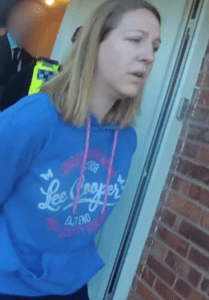
Yet nobody saw her attack the seven babies she was convicted of murdering, nor did anyone witness the attempted murder of seven others. Instead, prosecutors had to draw on technical medical evidence – along with statistical data and other troubling details about Letby’s life – in order to prove their case.
Among the 400 health care workers calling for a review is Nineteen Nurses, a coalition of current and former NHS workers, which has urged unions to “stand with us” and protect the nursing profession, as well as others, from the “weaponisation of blame” in the NHS.
The organisation declares on its home page: “Welcome to Nineteen Nurses, in September 2024, we delivered a letter to Prime Minister Sir Keir Starmer urging the government to order a Royal Commission/Independent Review of the medical evidence used to convict Lucy Letby. We stand for justice and transparency in the healthcare system. Sign up to our mailing list and write to your MP to support a review and contribute to a fair assessment of the evidence in Lucy Letby’s case”.
 Fourteen senior clinicians from around the world have analysed the medical evidence against Letby, including Professor Neena Modi, a former president of the Royal College of Paediatrics and Child Health (RCPCH).
Fourteen senior clinicians from around the world have analysed the medical evidence against Letby, including Professor Neena Modi, a former president of the Royal College of Paediatrics and Child Health (RCPCH).
This expert panel was assembled by Dr Shoo Lee, a retired Canadian doctor based at the University of Toronto (UT) who specialises in the treatment of young children. As a result more serious questions have been raised about the Letby case.
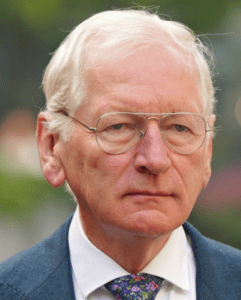
The lead prosecution expert in it was Dewi Evans from Carmarthen, and there is growing pressure now to refer the case back to the court of appeal. He was supported in his conclusion by work from another Welshman, a leading toxicologist called Alan Wayne Jones. Dr Jones was born in Pontypridd, but worked for most of his career in Sweden, and his information was very important for Dr Evans and others.
There are also mounting questions about a senior doctor involved in the affair (apart from the one highlighted by Sir David). Dr John Gibbs (who said he regrets failing to protect babies from Letby) who was a consultant at the neonatal unit of the Countess of Chester Hospital where she worked, and has declared that he sympathises with her as well as admitting that he had experienced a “bad run”.

Critics may even turn to the example of South Wales Police (SWP) for a representation of how NOT to do things.
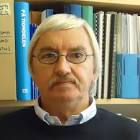
The force was responsible for an incredible number of miscarriages of justice in the 1980s, ’90s, and 2000s, which include: The Cardiff Three (Five), The Cardiff Newsagent Three, The Darvell Brothers, Jonathan Jones (The Tooze Murders), as well as Annette Hewins, and the calls are increasing to hold a Public Inquiry into what went wrong.
On the Letby incident, Peter Hitchens has recently written in The Spectator: “Is this justice? The Crown Prosecution Service has actually admitted that key door-swipe evidence, supposedly fixing the location of significant persons at important times, was wrong. I suspect that this astounding error, so far a tiny smudge on the radar screen, will grow and grow in importance. The prosecution knew throughout that they had no objective proof of their case, large or small”.
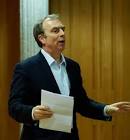
Apart from raising the issue of possible perjury, Sir David has also told ITV’s Good Morning that it is “highly probable” Letby is innocent, based on expert opinions he has heard, and the campaigns protesting her innocence appear to be growing.
The Guardian has printed a letter to the UK health and justice secretaries, asking for a pause in preparations for the inquiry into what happened, to allow “a broader examination of potential factors contributing to the increased neonatal deaths, without the presumption of criminal intent”, and in another letter to Sir Keir Starmer countersigned by 250 past and present NHS staff, nurses called for “a scientifically independent review”.
A hard-hitting documentary about the case on Channel Five called ‘Lucy Letby: The New Evidence’, questioned the guilt of the former neonatal nurse.
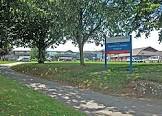
After looking at the evidence some statisticians have joined protesters in casting doubt on the conviction. During their investigation Cheshire Police (CP) had turned to Dr Evans for his expertise in dissecting the medical evidence and shedding light on activities behind the deaths, although he had long since retired.
Yet it was posted on reddit: “…this expert seems to have a pretty bad rep. It sounds like letbys lawyer tried to get his evidence thrown out (and one of her grounds of appeal is to do with his evidence allegedly)
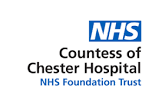
“I noticed during closing speeches, the prosecutor tried to minimise dewi evans evidence, instead focusing on…other experts”.

Dr Evans had analysed over 30 cases of babies who died or suffered collapses, and has described the events as a tragedy of unparalleled proportions, possibly ranking as the most shocking occurrence within an NHS hospital in the past 75 years.
He has been subject to enormous abuse on social media because of his central role, but Dr Evans says those people are out to destroy his reputation. “It’s such a shocking thing to come to terms with and of course one of the ways of dealing with shocking news is to go into denial and shoot the messenger”, Dr Evans said.
He said it was “very, very difficult” to accept the fact these murders were “not caused by an old individual but by a young, white, English nurse from a respectable background. How on earth can you stomach that? And one of the ways of dealing with it is to deny that it happened.”
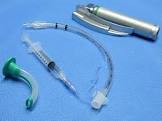
Despite this assertion, there are serious questions about the Letby case which have been amplified by Sir David’s demand, as well as by the campaigning of Nineteen Nurses, and by the television programme. Letby was retried over the attempted murder of Baby K and found guilty on July 2 of deliberately dislodging her Endotrachial (breathing) Tube (ET).
However an alternative plausible explanation according to experts other than Dr Evans is that there was “accidental dislodgement of the ET possibly compounded by incorrect positioning and/or inadequate securing”.
There have also been previous controversies concerning the unit where these sorts of issues were central.
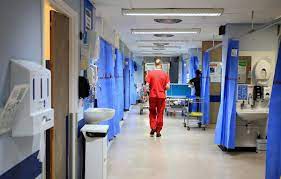
After the death of baby Noah Robinson doctors were severely criticised, when his breathing tube was wrongly placed into the oesophagus. There were FIVE warning signs from X-Rays and clinical equipment, but they were not picked up.
Dr Evans found backing in the Letby case from the efforts of Dr Jones, who, although born in Wales, had practised mostly in Scandinavia.
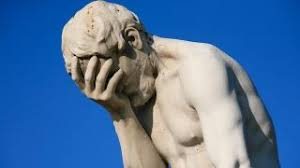
For instance Dr Evans has proclaimed worryingly: “I didn’t know about measuring insulin until I read the comments from Wayne Jones”.
It seems there is more to read now after a senior MP wrote a letter demanding an inquiry into what happened, and hundreds of healthcare workers have called for a review…

The memories of a further Welshman, our Editor Phil Parry’s, astonishing decades long award-winning career in journalism as he was gripped by the rare neurological disabling condition Hereditary Spastic Paraplegia (HSP), have been released in a major book ‘A Good Story’. Order it now.
Tomorrow – how during that career of 23 years with the BBC, and 41 years in journalism (when he was trained to use clear and simple language, avoiding jargon), for Phil working in a free environment has always been fundamental so that he could pursue his craft unhindered, and now this is underlined by a new book which looks at its history.








